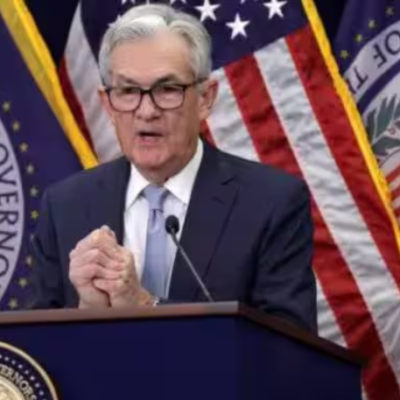Forex trading, also known as foreign exchange trading, offers investors the opportunity to trade currencies and profit from fluctuations in exchange rates. In this comprehensive guide, we’ll delve into the fundamentals of forex trading, including currency pairs, trading strategies, and the benefits of participating in the dynamic global forex market. Whether you’re a beginner or an experienced trader, understanding forex trading can empower you to make informed investment decisions and navigate the complexities of currency markets.
1. Understanding Forex Trading
Definition:
- Forex Trading: Forex trading involves buying and selling currencies in the foreign exchange market to profit from changes in exchange rates. It is the largest and most liquid financial market globally, with trillions of dollars traded daily by banks, institutions, corporations, and individual traders.
2. Currency Pairs
Basics:
- Currency Pair: In forex trading, currencies are traded in pairs, with each pair consisting of a base currency and a quote currency. The exchange rate represents the amount of quote currency required to purchase one unit of the base currency.
- Major Currency Pairs: Major currency pairs include EUR/USD (Euro/US Dollar), USD/JPY (US Dollar/Japanese Yen), GBP/USD (British Pound/US Dollar), and USD/CHF (US Dollar/Swiss Franc).
- Cross Currency Pairs: Cross currency pairs do not include the US Dollar and are traded directly between two other currencies, such as EUR/GBP (Euro/British Pound) or AUD/JPY (Australian Dollar/Japanese Yen).
3. Forex Trading Strategies
Approaches:
- Technical Analysis: Technical traders analyze price charts, patterns, and indicators to identify trends, support and resistance levels, and potential entry and exit points for trades.
- Fundamental Analysis: Fundamental traders analyze economic data, central bank policies, geopolitical events, and market sentiment to assess the underlying factors driving currency movements and make trading decisions.
- Sentiment Analysis: Sentiment traders gauge market sentiment and investor behavior through sentiment indicators, news sentiment, and positioning data to identify potential market reversals or trends.

4. Benefits of Forex Trading
Advantages:
- High Liquidity: The forex market is highly liquid, with continuous trading sessions across different time zones, providing ample opportunities for trading and executing orders.
- Accessibility: Forex trading is accessible to individual traders worldwide, offering low barriers to entry, flexible trading hours, and the ability to trade from anywhere with an internet connection.
- Leverage: Forex brokers offer leverage, allowing traders to control larger positions with a relatively small amount of capital, amplifying potential profits (but also increasing the risk of losses).
- Diversification: Forex trading enables diversification of investment portfolios by adding exposure to currencies, which may have low correlation with traditional asset classes such as stocks or bonds.
5. Risks of Forex Trading
Considerations:
- Market Volatility: The forex market is volatile and prone to sudden price movements, driven by economic releases, geopolitical events, and market sentiment, which can result in significant gains or losses.
- Leverage Risk: While leverage can amplify profits, it also magnifies losses, exposing traders to the risk of margin calls and potential account liquidation if positions move against them.
- Counterparty Risk: Forex trading involves counterparty risk, as trades are executed through brokers and intermediaries, who may face financial difficulties or default on obligations.
6. Conclusion
Forex trading offers an exciting opportunity to participate in the global currency markets and potentially profit from fluctuations in exchange rates. By understanding the basics of forex trading, including currency pairs, trading strategies, and risk management principles, traders can navigate the forex market with confidence and pursue their financial goals.





